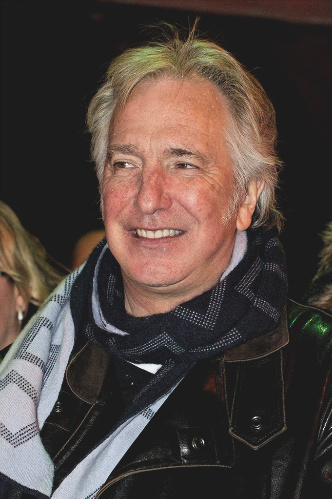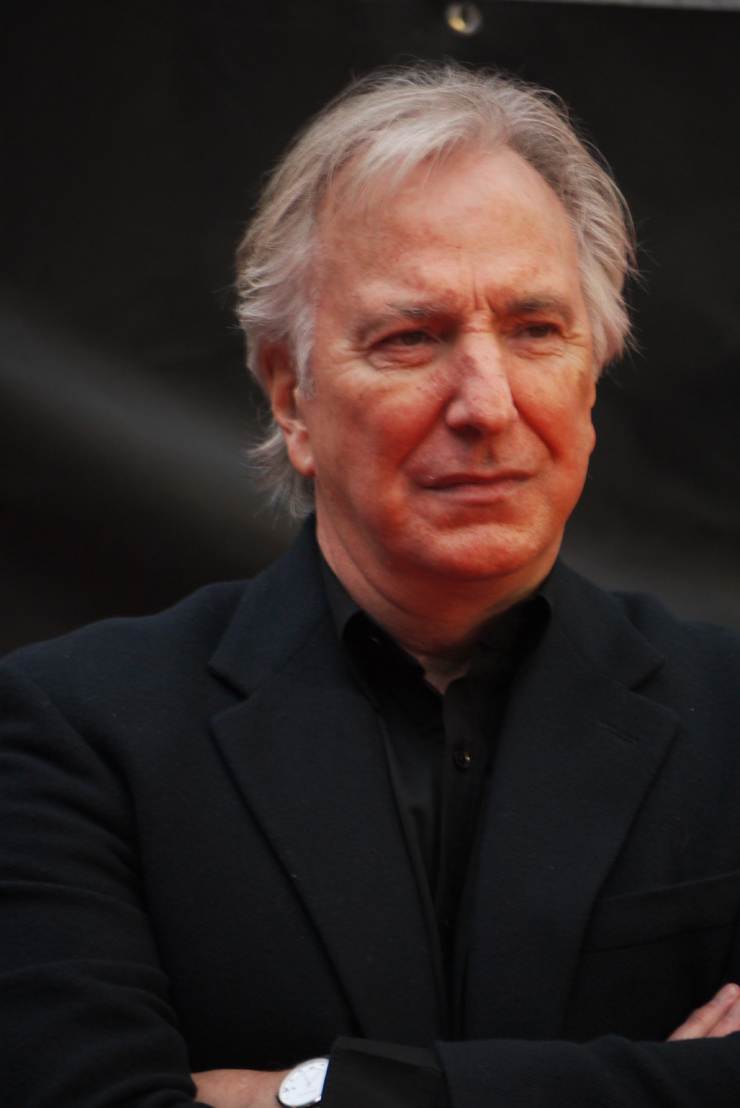

He's a character who deserves humiliation, and Rickman lets loose with a delightful vengeance. (Which is always a legitimate and relevant danger.) Once Quigley gains the upper hand, Marston's initially frightening demeanor corkscrews into mockery without trivializing the historical violence he represents. It's not the absurd frenzy he'd deploy in Robin Hood: Prince of Thieves, but Rickman makes sure the audience knows that Marston's only a danger because he's an egotist with access to power. Yet in a fascinating choice, Rickman plays up Marston's idiocy until it teeters into comedy. He presents a chilling and undeniable threat, especially since Marston casually dispenses violence. For one, Marston embodies a predator's stillness, his murderous intent permeating the air. Due to his trademark style, there are obvious technical similarities between Marston and Hans Gruber. Watching the actor metaphorically twirl his mustache is as satiating as seeing Marston get his comeuppance.Īnd much like Rickman's career was evolving, this performance drew from his past work while foreshadowing his future.


One can't comfortably call Marston an enjoyable villain, except Rickman chews impeccable scenery while spinning the legendary charisma that oozes off every eyebrow twitch as smoothly as melted butter. He makes no discernible attempt to understand, sympathize, or soften his character. Since Marston is a posturing racist with no redeemable qualities and a member of the "villains so idiotic, they get themselves killed" group, Rickman plays those aspects straight. Rickman was a political activist, and in a promotional interview for Quigley, he critiqued Britain's historic and ongoing colonialism without acting like a White savior - a tired trope the film tries to avoid but doesn't quite manage. The British government's "pacification by force" rule allowed landowners to murder Aboriginal Australians at will. In fact, Rickman was interested in the role because of its historical accuracy. The script has no intention of painting Marston in any light other than despicable. One of whom happens to be fellow villain king Ben Mendelsohnin an early film role.the prodigy learned from the master! The showdown is inevitable, with Quigley picking off Marston's henchmen along the way. Even after Marston leaves him for dead in the desert, Quigley won't be sated until he's eliminated such repugnancy. A quietly infuriated Quigley declares war. Once Marston drops the act and lets his malevolence seep through the cracks, he's already sprung the trap: he wants Quigley to assassinate Aboriginal Australians. The sharply-dressed Marston (black clothes from head-to-toe, befitting a proper Western baddie) presents a facade of gentlemanly courtesy, but a grating sense of wrongness taints the surrounding air from the beginning. Combined with that egotism is the unsettling charm typical of Rickman's antagonists.


 0 kommentar(er)
0 kommentar(er)
